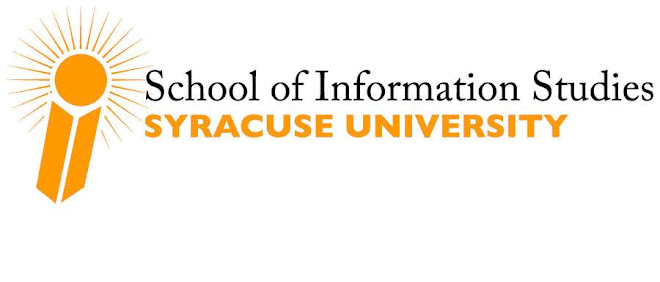
For researchers, virtual environments and social networking sites are full of rich data that can be used in a number of ways—to better understand how communities/groups develop, how technology is being adopted to reach a variety of goals, and a host of other interdisciplinary research topics.
But what are the issues of ethics, privacy, and ownership that arise in harvesting this data?
People post information about themselves to sites like Facebook, LinkedIn, SecondLife, Twitter, and blogs—public sites with limited restrictions on access. So if people are willing to publish this information openly, can’t researchers use it?
It depends, according to participants involved in a session on online survey-based data collection led by Syracuse Associate Dean Jeff Stanton and Ph.D. student Aggie Kwiatkowska.
Several regulations, including the Family Educational Rights and Privacy Act (FERPA) and institutional review board (IRB) guidelines, limits the use of data—particularly qualitative information—that can be traced back to a specific individual.
Some researchers said they try to develop their own online communities with volunteers who are willing to participate, but the work and resources that go into building the community takes away from the research they hope to conduct in this space. It’s also a controlled environment as opposed to the more natural environments such as Facebook.
Another researcher raised the issue of why blogs can’t be quoted like any other published article or book, and another wondered if student work that is posted on a public space such as blog or web site can be used in research or if that violates IRB or FERPA rules.
Panelists said these questions are currently being answered on a case-by-case basis, and that there is no black and white when it comes to these emerging social networking spaces.
But what are the issues of ethics, privacy, and ownership that arise in harvesting this data?
People post information about themselves to sites like Facebook, LinkedIn, SecondLife, Twitter, and blogs—public sites with limited restrictions on access. So if people are willing to publish this information openly, can’t researchers use it?
It depends, according to participants involved in a session on online survey-based data collection led by Syracuse Associate Dean Jeff Stanton and Ph.D. student Aggie Kwiatkowska.
Several regulations, including the Family Educational Rights and Privacy Act (FERPA) and institutional review board (IRB) guidelines, limits the use of data—particularly qualitative information—that can be traced back to a specific individual.
Some researchers said they try to develop their own online communities with volunteers who are willing to participate, but the work and resources that go into building the community takes away from the research they hope to conduct in this space. It’s also a controlled environment as opposed to the more natural environments such as Facebook.
Another researcher raised the issue of why blogs can’t be quoted like any other published article or book, and another wondered if student work that is posted on a public space such as blog or web site can be used in research or if that violates IRB or FERPA rules.
Panelists said these questions are currently being answered on a case-by-case basis, and that there is no black and white when it comes to these emerging social networking spaces.


No comments:
Post a Comment